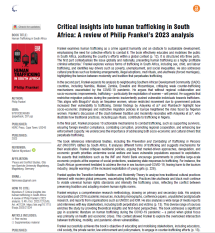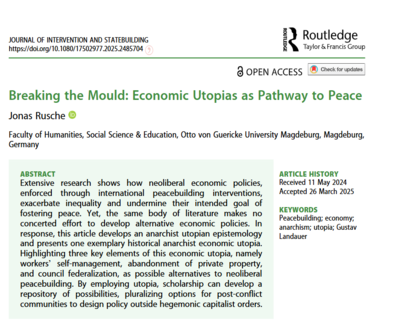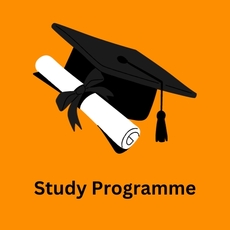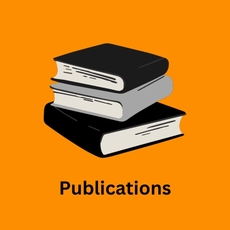News
Long Night of Science in Magdeburg: Beyond the rainbow cat
Knowledge. From here. Under this motto, Magdeburg's scientific institutions open their doors late into the night and showcase knowledge generated locally in Magdeburg. Exciting experiments, laboratory tours, hands-on activities, and lectures provide visitors with insights into scientific fields and current research topics.
This year, the Long Night of Science will take place on June 14th from 6:00 PM to midnight . The program lists the duration and exact start times of each event; pre-registration is required for a few events.
Under this event, an interactive exhibition will take place regarding memes and hate in everyday life. Blow you find the description
Beyond the rainbow cat
How memes spread hate online
The digital space plays a central role in forming opinions in everyday life. Memes in particular have become an integral part of digital communication. They are fun and comment on topical social developments. But it is precisely in this seemingly harmless appearance where their political power lies. Why are memes particularly suitable for mobilisation by right-wing populist, extremist and conspiracy ideology groups? What narratives and aesthetic means do they use to spread racist, homophobic and misogynistic hate speech? And how can we counter them?
In the exhibition tour we invite you to reflect on these questions and show how we can recognise antidemocratic persuasion strategies, even if they are subtle and humorous. The guided tour offers participant a space to discuss the challenges posed by online hate and to jointly develop practical ideas on how democracy can be defended through the own creative use of memes.
More information here
A Book Review: Critical insights into human trafficking in South Africa: A review of Philip Frankel’s 2023 analysis
 Join us in congratulating our colleague Fabrice Niyonkuru for his book review published in the South African Journal of Science
Join us in congratulating our colleague Fabrice Niyonkuru for his book review published in the South African Journal of Science
https://doi.org/10.17159/sajs.2025/21334
Frankel (the book author) examines human trafficking as a crime against humanity and an obstacle to sustainable development, emphasising the need for collective efforts to combat it. The book effectively educates and mobilises the public in South Africa, positioning the country’s efforts within a global context
Get access to the paper from here
OVGU at PRIO roundtable discussing crisis and deglobalization in the humaitarian sector
Two weeks ago, Professor Kristina Roepstorff along with other researchers and stakeholders gathered at PRIO for a collaborative discussion on what’s at stake when it comes to Humanitarian Aid.
This roundtable gathering has discussed humanitarian aid, development cooperation, migration governance and multilateralism which have long been declared to be ‘in crisis’, but are currently experiencing unprecedented systemic shocks.
Find the blogpost about this gathering in the Link
New Article: Breaking the Mould: Economic Utopias as Pathway to Peace
Our colleague Jonas Rusche has published his latest research article in
Journal of Intervention and Statebuilding https://doi.org/10.1080/17502977.2025.2485704
In this paper, he develops an anarchist utopian epistemology and presents one exemplary historical anarchist economic utopia in response to the body of literature that criticizes neoliberal economic policies without offering alternative economic policies.
Abstract of the Paper
Extensive research shows how neoliberal economic policies, enforced through international peacebuilding interventions, exacerbate inequality and undermine their intended goal of fostering peace. Yet, the same body of literature makes no concerted effort to develop alternative economic policies. In response, this article develops an anarchist utopian epistemology and presents one exemplary historical anarchist economic utopia. Highlighting three key elements of this economic utopia, namely workers’ self-management, abandonment of private property, and council federalization, as possible alternatives to neoliberal peacebuilding. By employing utopia, scholarship can develop a repository of possibilities, pluralizing options for post-conflict communities to design policy outside hegemonic capitalist orders.
Get access to the paper from here







